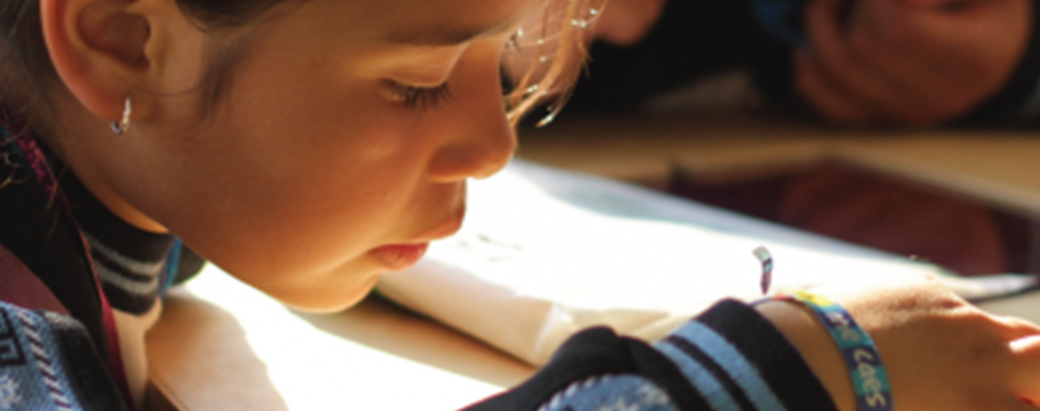
About the Project
This project is one of the 2018 WISE Awards finalists.
TAK-TAK-TAK Learning System by Inoma improves the quality of low-income children basic education by supporting and complementing traditional learning through a free access educational video games platform. Using algorithms, AI and curation of educational material (aligned with the Mexican and American curricula), this platform offers pedagogical resources to students while monitoring their academic progress and digital skills. At the same time, TAK-TAK-TAK provides teachers with training and pedagogical tools.
Context and Issue
While 92% of Mexican children attend public K-6 schools, only 3% test over the average of private K-6 students. Half of students fail to reach minimum competency levels in reading and mathematics in the PISA 2016 test. This contributes to low social mobility: only 18% of Mexicans improve on their parent’s economic situation.
Solution and Impact
TAK-TAK-TAK promotes better quality education appealing to three key drivers of children attention and behavior: having fun, curiosity, and peer competition. We offer free and fun content aligned with the K-6 national curricula, US Common Core State Standards and the XXI Century Skills. Available in Spanish and English (easily adaptable to any other language) and personalized to individual children skills, TAK-TAK-TAK operates seamlessly under different ITC scenarios (i.e. online/offline, fixed/mobile) and population profiles. Using algorithms, AI and curation of educational material it provides pedagogical resources and training to teachers, including students’ progress reports on academic and digital skills.
Independent evaluators assessed that TAK-TAK-TAK usage:
- Improves 7% standardized test performance and promotes development of learning, innovation and digital skills
- Increases motivation, attendance, teamwork, critical thinking and problem-solving
- Encourages teachers to incorporate digital technologies into their pedagogical planning
Future Developments
The project has the potential to benefit 17 million children in Mexico as well as possible international expansion to Latin America and beyond, currently it is accessed freely in more than 40 countries.


